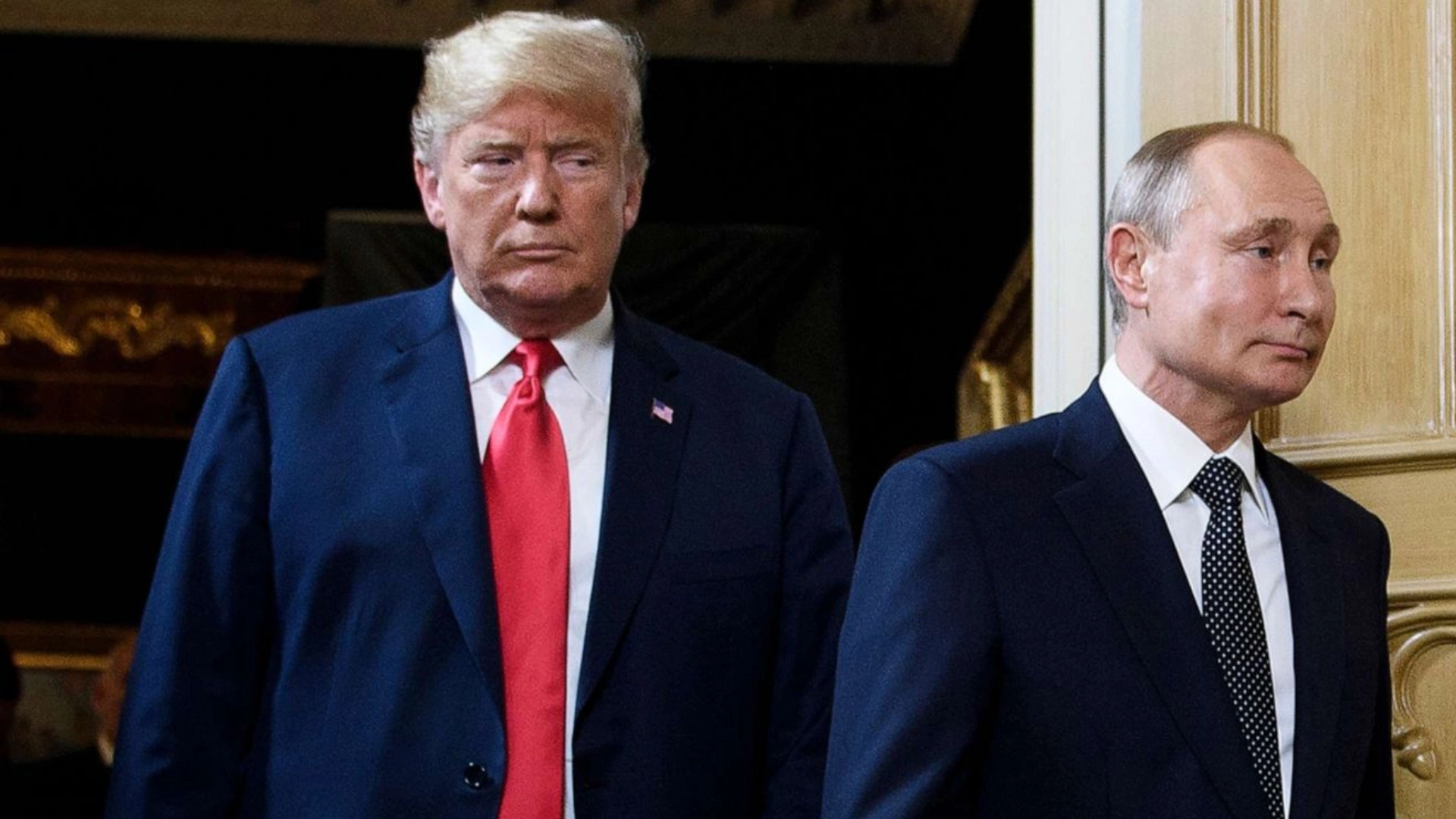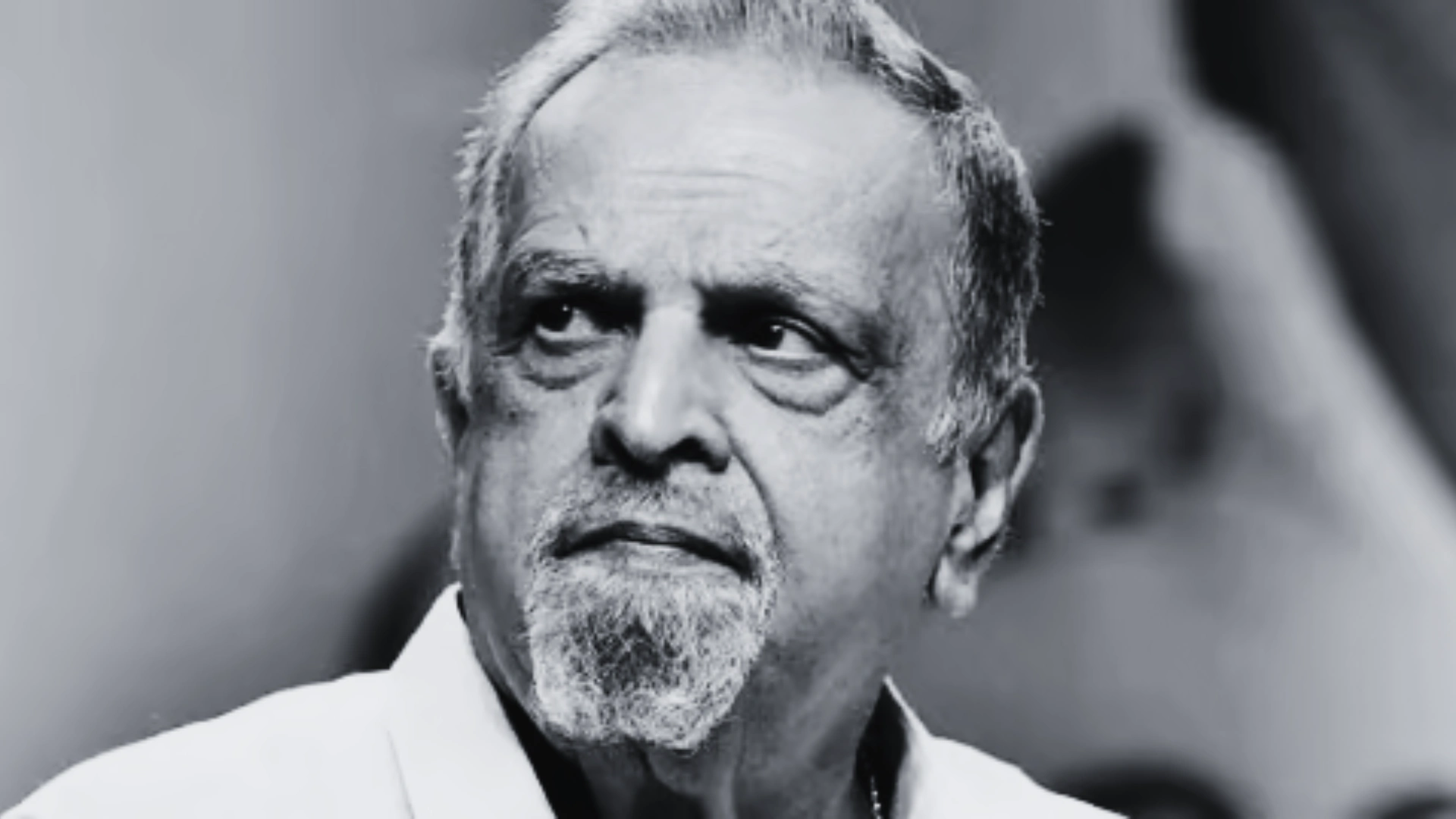External Affairs Minister S. Jaishankar highlighted the Quad as a growing and expansive mechanism for inter-governmental coordination during the India-Japan Forum. The grouping, comprising India, Australia, Japan, and the US, has seen significant development since its revival in 2017.
Jaishankar acknowledged the role of the Trump administration in advancing the Quad. “In 2017, it was the first year of the Trump administration when it started at the vice minister’s level. Then, in 2019, it was again under the Trump administration that it moved from the vice minister’s level to the foreign minister’s level,” he said.
He expressed optimism about continued support for the Quad under the new US leadership, stating, “There is every reason for us to expect that they would say we got it right the first time, it’s done well, and therefore, we should keep with it.”
Addressing Misconceptions About Quad Members
Responding to narratives questioning India’s role in the Quad, Jaishankar noted, “In our country… people have said Japan is the weak link at times… And remember… in the initial round of Quad, we felt the Australians pulled the plug on Quad, and the Australians felt they should pull the plug before we pulled the plug on Quad.”
He emphasized that the Quad’s collaborative agenda makes it one of the most expansive inter-governmental coordination efforts today.
Jaishankar reflected on shared challenges faced by India and Japan due to their proximity to China. “In our particular case, we had a stable relationship with China… In terms of trade, it was very, very substantial and still is very substantial… There were some issues we have, which is a very imbalanced trade,” he noted.
He also discussed the standoff at the Line of Actual Control (LAC), stating, “Our entire relationship with China was predicated on the fact that the border areas would remain peaceful and stable… In 2020, the Chinese chose to bring a lot of forces to the border areas, and obviously, we responded with counter-deployments.”
The minister highlighted ongoing efforts to rebuild India-China relations, acknowledging that de-escalation remains a significant challenge.
Semiconductor Collaboration Between India and Japan
Jaishankar pointed to emerging opportunities for collaboration between India and Japan in the semiconductor sector. Both nations are enhancing their semiconductor industries and partnering with Taiwan, a move with transformative potential.
“Japan is revitalising its semiconductor sector, and India, after a very long period of neglect, has announced a semiconductor mission. It is interesting that both of us also happen to be working with Taiwan. I’m seeing the beginnings of something potentially important here, and potentially really significant for both countries,” he remarked.
India is set to host the next Quad Summit in 2025, further underscoring its commitment to fostering collaboration within the grouping and addressing shared regional and global challenges.
Read More : Canadian Parliamentary Committee Rejects NDP Motion To Recognize 1984 Anti-Sikh Violence As ‘Genocide’



















